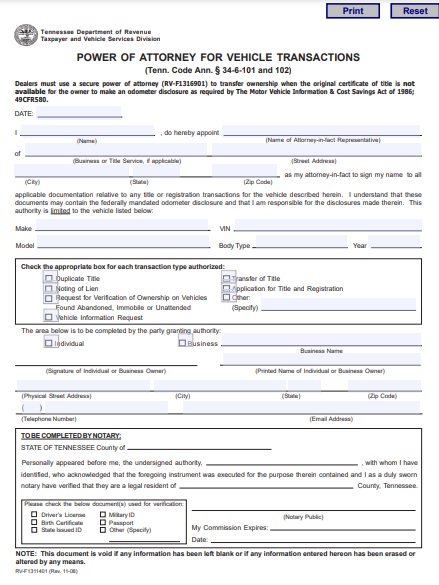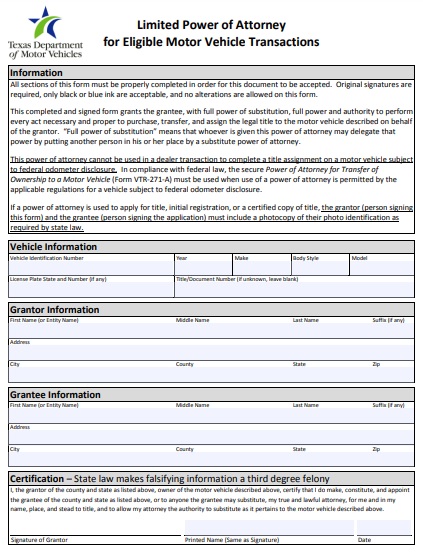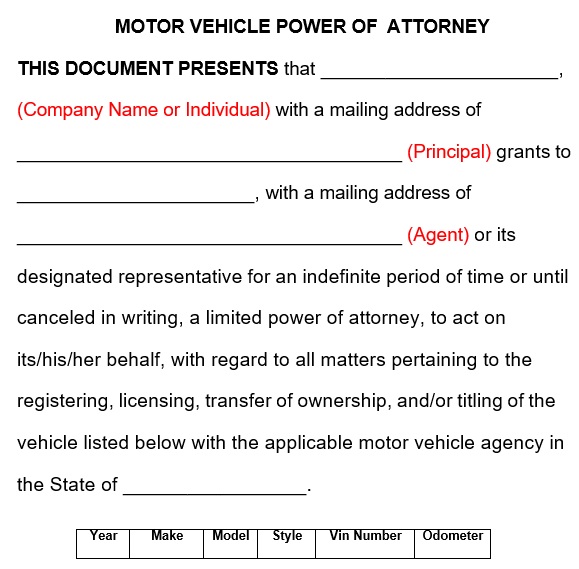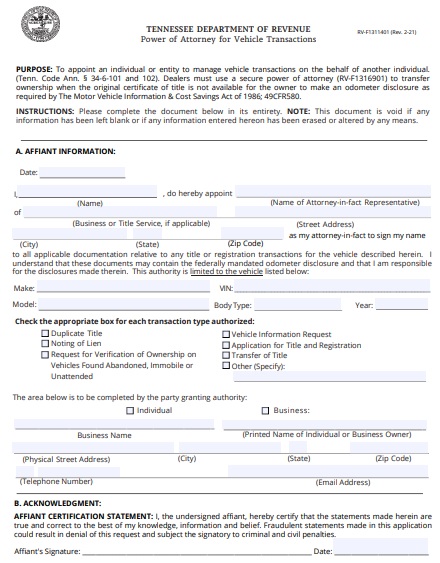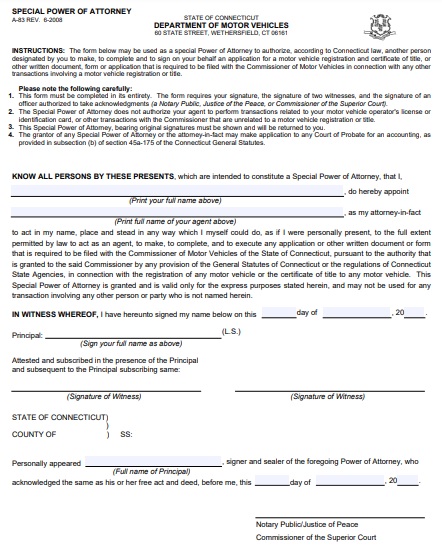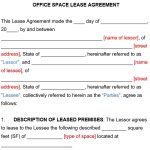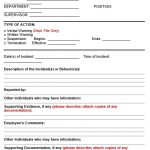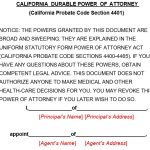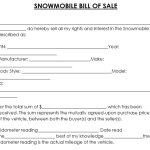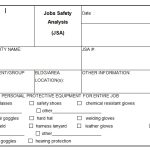A vehicle power of attorney form is filled out by a vehicle owner to assign certain responsibilities to another person. These responsibilities may include purchasing, registering, titling, or selling a vehicle. An authorized person is called an Agent or an Attorney-in-fact.
The agent can take part in the transaction stated in the Form. Moreover, he signs the document on the condition that the vehicle owner retains the original copy. Most states require that this form should be signed in the presence of a notary public according to the Power of Attorney (POA) laws regarding the property. You may also like Vehicle Policy Template.
Here are the reasons that warrant the use of the motor vehicle power of attorney forms;
- If someone is not able to attend to the needs of their vehicle physically.
- For a company vehicle, someone requires an employee to file the appropriate registration/title/paperwork.
- When someone wants to appoint an Agent to transfer the vehicle’s title.
Table of Contents
How to give a vehicle power of attorney form?
Follow the below steps while filing the motor vehicle power of attorney form;
Get a form
At first, you have to get the Form from your state’s department. Then, provide the required ownership records such as;
- Certificate of title
- Proof of insurance
- License plates
- Registration
- Other documents
These details are then used to verify that the Principal is the actual owner of the vehicle.
Choose the powers
The Principal must properly outline limitations in the Form in case he is looking to restrict the powers granted to their Agent. For example, if the agent is only allowed to register the vehicle, the Principal should indicate that in the Form. In most cases, this form is used when allowing an agent to sell a vehicle.
Mention the principal and agent
The vehicle power of attorney form must clearly specify the Principal and Agent. Mention their name, mailing address, and any other identifying items. The time period is also stated in the form in which the Agent is authorized to act on behalf of the Principal.
Input the vehicle information
When you have defined the Principal and the Agent, in the next step, you have to specify the vehicle’s information to assist in distinguishing the vehicle the Agent is being granted the authorization on. Such information includes the following;
- Odometer reading
- Vehicle Identification Number
- Certificate of Title
- Registration
- License Plates
- Proof of Insurance
- Any other document that is needed by the local motor vehicle office
Mention vehicle owner information
In case, the owner of a vehicle is a company, the included information should involve the Federal ID/EIN. In the form, you should also have to include the owner’s date of birth and social security number.
Signatures
Here, you need to sign the form to certify that the one acknowledges the document. The date of signing should also be included particularly if they are issuing a time-bound POA. You should also check Durable Power of Attorney Form.
Notarization
The Principal should visit a notary public after signing the document. To make the form official and bona fide, have the document notarize. The form is deemed valid for use in any transaction authorized by the Principal after it has been notarized. The form’s notarization can be done in the following ways;
- Physical Location
1- Financial institution (TD Bank, Chase, Bank of America)
2- UPS Store
3- Notary Directory - Online
Fillable Vehicle Power of Attorney Form PDF
Limited Power of Attorney for Eligible Motor Vehicle Transactions
Motor Vehicle POA Form
Power of Attorney for Vehicle Transactions
Vehicle Power of Attorney Form
Conclusion:
In conclusion, a vehicle power of attorney form is used by the Principal to appoint an Agent to do certain responsibilities on their behalf. The power of attorney form should be signed in the presence of a notary public. After signing the form, the principal should keep a copy of it for future reference.

